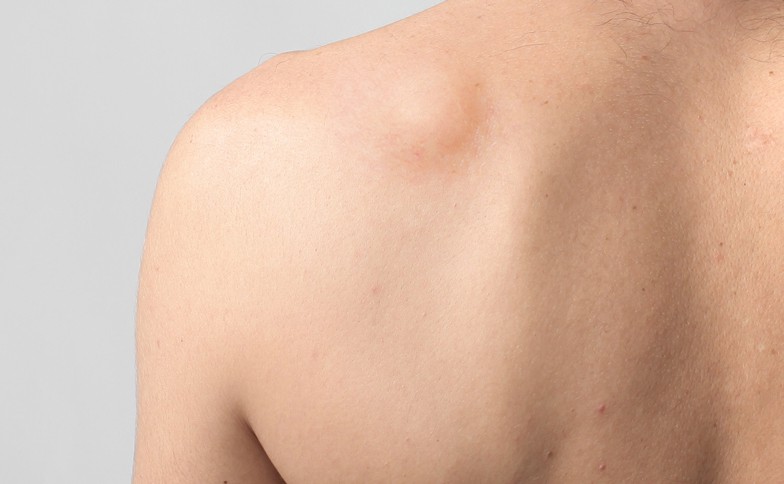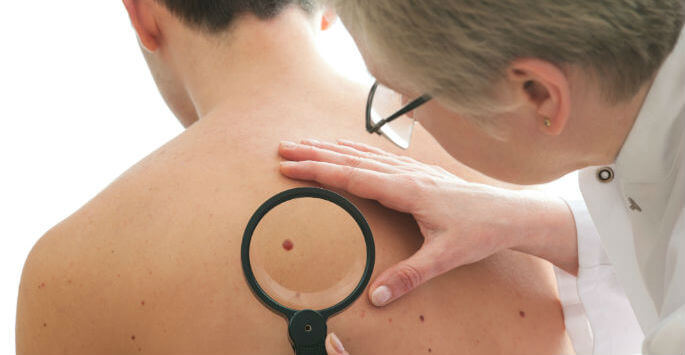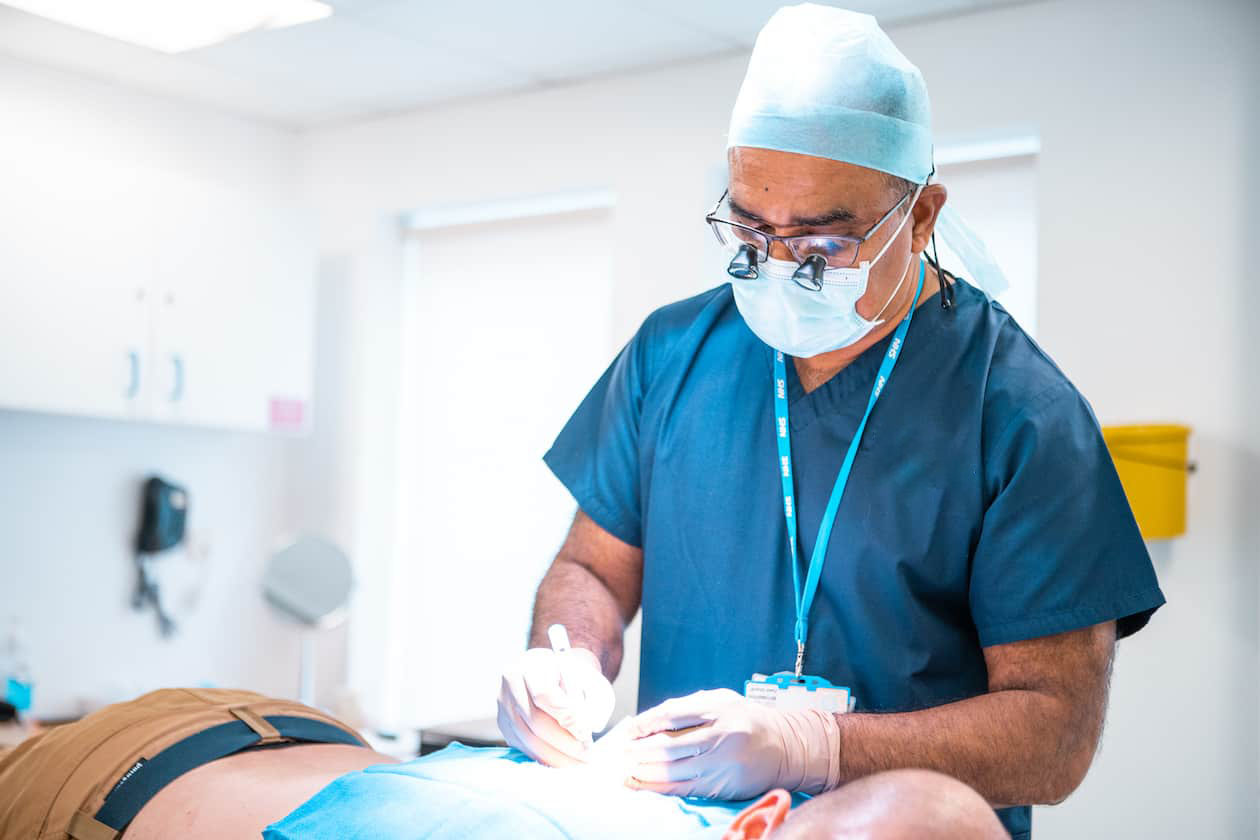Book an Appointment
Best Lipoma treatment in Hyderabad and
advanced laser treatments
Lipoma is a noncancerous tumor that forms from fat cells, usually found under the skin. They are commonly referred to as fatty lumps
and are slow-growing, painless, and harmless. Although they are not considered dangerous, some people may choose to have them
removed for cosmetic reasons or if they become painful or bothersome. In this guide, we will discuss the causes, diagnosis, types, and
treatments of lipomas, surgery options, prevention methods, and postoperative care of lipomas.
Causes of Lipoma:
The exact cause of lipomas is still unknown. However, lipomas are more common in middle-aged and older adults and can also run in families. Other factors that may increase the risk of developing a lipoma include obesity, high cholesterol, and liver disease.
Diagnosis of Lipoma:
Lipomas are usually diagnosed through a physical examination. Your doctor may ask about your medical history and perform a physical exam to determine the size and location of the lipoma. In some cases, your doctor may order imaging tests such as an ultrasound, CT scan, or MRI to confirm the diagnosis of lipoma and rule out other conditions.
USFDA - Approved Procedure
Support in Insurance Claim
No-Cost EMI
1 Day - Hospitalization

Types of Lipoma:
There are several types of lipomas, including:
- Superficial subcutaneous lipoma: This is the most common type of lipoma and occurs just beneath the skin.
- Deep subfascial lipoma: This type of lipoma occurs in the muscle tissue and is less common.
- Intramuscular lipoma: This type of lipoma is located deep in the muscle tissue and may require more invasive surgery to remove.
- Intermuscular lipoma: This type of lipoma is located between muscles and can be difficult to remove.
Treatments of Lipoma:
Lipomas generally do not require treatment unless they become painful or bothersome. In some cases, your doctor may recommend removing it through lipoma surgery. There are several surgical options for removing lipomas, including:
- Excision: This involves cutting out the lipoma and surrounding tissue using a scalpel.
- Liposuction: This involves using a needle and syringe to remove the fatty tissue.
- Curettage: This involves using a small scoop-like instrument to remove the lipoma.
- Laser surgery: This involves using a laser to dissolve the lipoma.


Surgery Options for Lipoma:
The choice of surgery for lipoma removal depends on the size, location, and type of lipoma. In general, small lipomas can be removed through excision or liposuction, while larger or deeper lipomas may require more invasive surgery. Your doctor will discuss the best surgical option for your specific case.
Prevention of Lipoma:
There is no sure way to prevent lipomas. However, maintaining a healthy weight and lifestyle may help reduce the risk of developing lipomas. Regular exercise, a healthy diet, and avoiding excessive alcohol consumption may also help reduce the risk of developing lipomas.
Postoperative Care of Lipoma:
After surgery to remove a lipoma, your doctor will provide specific instructions for postoperative lipoma care. In general, you should keep the incision site clean and dry, avoid strenuous activity or heavy lifting for a few days, and take pain medication as prescribed. Your doctor may also recommend follow-up visits to monitor the healing process and ensure that the lipoma does not return.
In conclusion, lipomas are noncancerous fatty tumors that are usually harmless but can become bothersome or painful. If you have a lipoma that is causing discomfort or affecting your appearance, consult with your doctor to determine the best treatment option. With proper diagnosis, treatment, and postoperative care, lipomas can be effectively removed.
If you are suffering from Lipoma, don’t let it affect your quality of life. Contact Hyderabad Laser Surgery Hospital today to schedule an appointment for the best Lipoma treatment in Hyderabad. With over 30 years of experience, our team of experienced doctors and specialists is dedicated to providing personalized care that meets your individual needs. We offer 24/7 doctor service, insurance acceptance, private AC rooms, the best female doctors, and free post-surgery follow-up. Our hospital is built exclusively for Lipoma surgeries to ensure a safe and sterile environment that minimizes the risk of hospital-acquired infections. Don’t wait any longer, take the first step towards a healthier you and contact us today.
Testimonial

Gopal M
I was hesitant to undergo surgery, but Hyderabad Laser Surgery Hospital made the entire process easy and stress-free. The staff was friendly and supportive, and the surgery was a success. I am so glad I chose this hospital for my lipoma removal surgery.

Prudhvi

Sravan
Frequently Asked Questions about Lipoma:
What is a lipoma?
What are the causes of lipomas?
The exact cause of lipomas is still unknown. However, they are more common in middle-aged and older adults and can also run in families. Other factors that may increase the risk of developing a lipoma include obesity, high cholesterol, and liver disease.
How are lipomas diagnosed?
Do all lipomas need to be removed?
What are the surgical options for removing lipomas?
Is lipoma removal surgery painful?
Can lipomas return after surgery?
Can lipomas be prevented?
What is the recovery time after lipoma removal surgery?
The recovery time after lipoma removal surgery varies depending on the size and location of the lipoma and the type of surgery. In general, most people can return to normal activities within a few days to a week after lipoma surgery.
Are there any complications associated with lipoma removal surgery?
While rare, complications from lipoma removal surgery can include infection, bleeding, and scarring. It is important to follow your doctor’s instructions for postoperative lipoma care to minimize the risk of complications.
Subscribe Here
![]()

